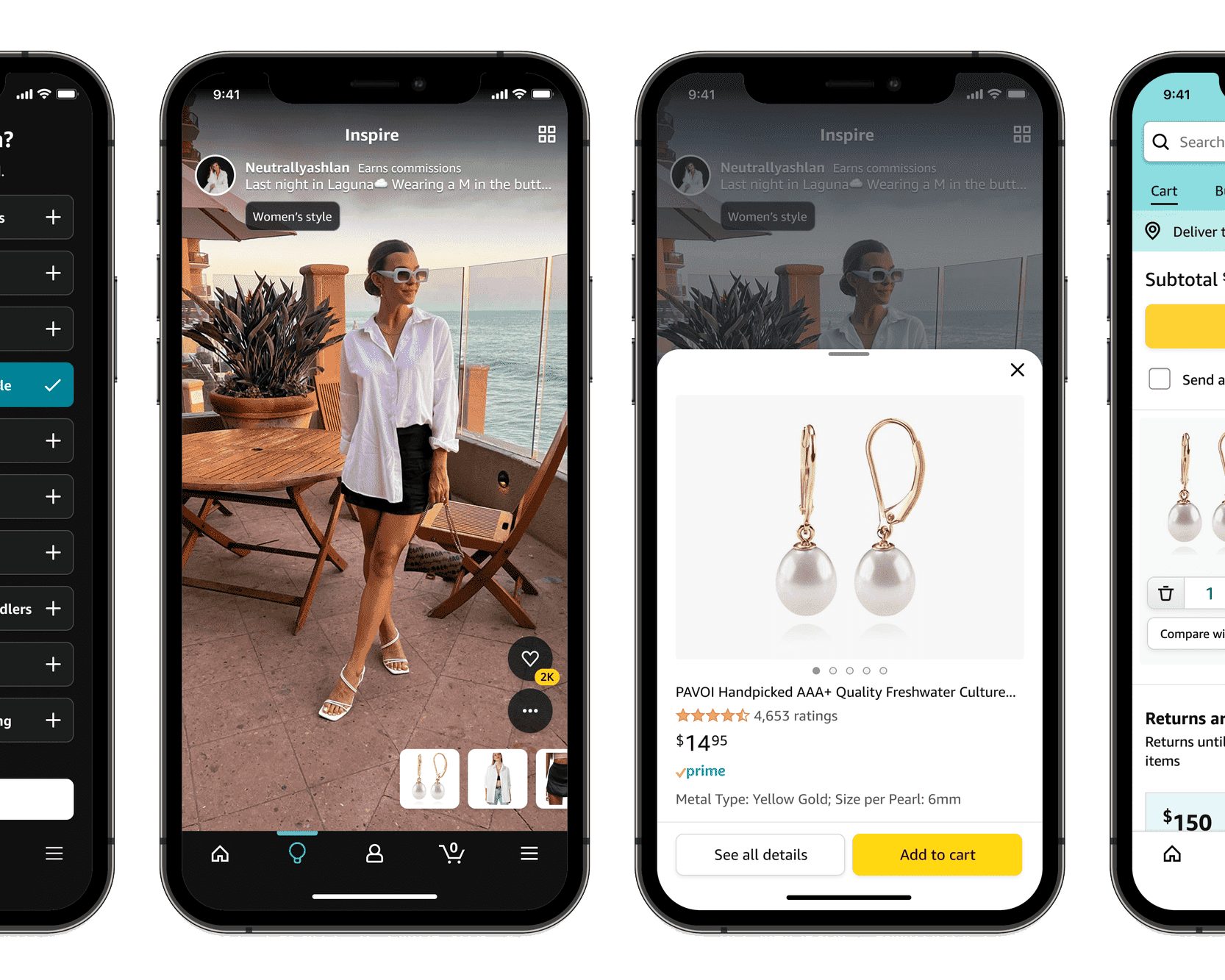Digital marketing is a dynamic field, continuously evolving with advancements in technology and shifts in consumer behavior. As we navigate through 2024, several trends are emerging that are reshaping the landscape. Here are the latest trends in digital marketing that businesses need to watch out for to stay competitive and relevant.
1. Artificial Intelligence and Machine Learning
Artificial Intelligence (AI) and Machine Learning (ML) are becoming increasingly integral to digital marketing strategies. AI-powered tools can analyze vast amounts of data to predict consumer behavior, personalize content, and optimize ad targeting. Chatbots and virtual assistants, powered by AI, are improving customer service by providing instant responses and assistance, enhancing user experience.
2. Personalisation
Personalisation goes beyond just addressing customers by their first names in emails. It involves delivering tailored content, recommendations, and offers based on individual preferences, behaviour, and past interactions. Advanced data analytics and AI enable marketers to create hyper-personalised experiences, driving higher engagement and conversion rates.
3. Voice Search Optimisation
With the rise of smart speakers and voice-activated devices, optimizing content for voice search is becoming crucial. Voice search queries are typically longer and more conversational. Marketers need to adapt their SEO strategies to include natural language processing and question-based keywords to capture this growing segment of searches.
4. Video Marketing
Video content continues to dominate digital marketing. From short-form videos on platforms like TikTok and Instagram Reels to long-form content on YouTube, video marketing is effective in capturing attention and conveying messages quickly. Live streaming is also gaining popularity, providing real-time engagement with audiences and creating authentic connections.
5. Influencer Marketing
Influencer marketing is evolving with a focus on micro and nano influencers. These influencers, with smaller but highly engaged followers, offer a more authentic and relatable voice. Collaborating with them can help brands reach niche audiences and build trust. Additionally, transparency and authenticity in influencer partnerships are becoming paramount, with consumers demanding more genuine endorsements.
"2024 is the year where digital marketing will be defined by the seamless integration of AI and personalized user experiences. Embracing these trends will not only elevate brand engagement but also drive meaningful connections with customers."
Lewis Reader — Head of Design
Social Commerce
Social media platforms are increasingly becoming shopping destinations. Features like Instagram Shop, Facebook Marketplace, and Pinterest Shopping are blurring the lines between social interaction and e-commerce. Social commerce allows brands to showcase products directly on social platforms, making it easier for users to discover and purchase without leaving the app.

7. Sustainability and Ethical Marketing
Consumers are becoming more conscious of environmental and social issues. Brands that demonstrate a commitment to sustainability and ethical practices are gaining favour. Transparent communication about eco-friendly initiatives, sustainable products, and corporate social responsibility (CSR) efforts can enhance brand image and loyalty.
8. Augmented Reality (AR) and Virtual Reality (VR)
AR and VR technologies are transforming the way consumers interact with products online. AR enables virtual try-ons, allowing users to see how products like clothing, accessories, or furniture would look on them or in their space. VR offers immersive brand experiences, from virtual store tours to interactive product demos, enhancing engagement and reducing the barrier to purchase.
9. Content Marketing and SEO Evolution

High-quality content remains king, but the strategies around it are evolving. Interactive content such as quizzes, polls, and interactive infographics are engaging users more effectively. Additionally, search engine algorithms are increasingly favouring content that demonstrates expertise, authority, and trustworthiness (E-A-T). This shift requires marketers to focus on producing valuable, credible content.
10. Privacy and Data Protection
With growing concerns over data privacy, marketers need to prioritise transparency and compliance with regulations like GDPR and CCPA. Building trust with consumers through clear privacy policies and secure data handling practices is essential. The shift towards first-party data collection, where brands gather data directly from their customers, is also becoming more prevalent.



